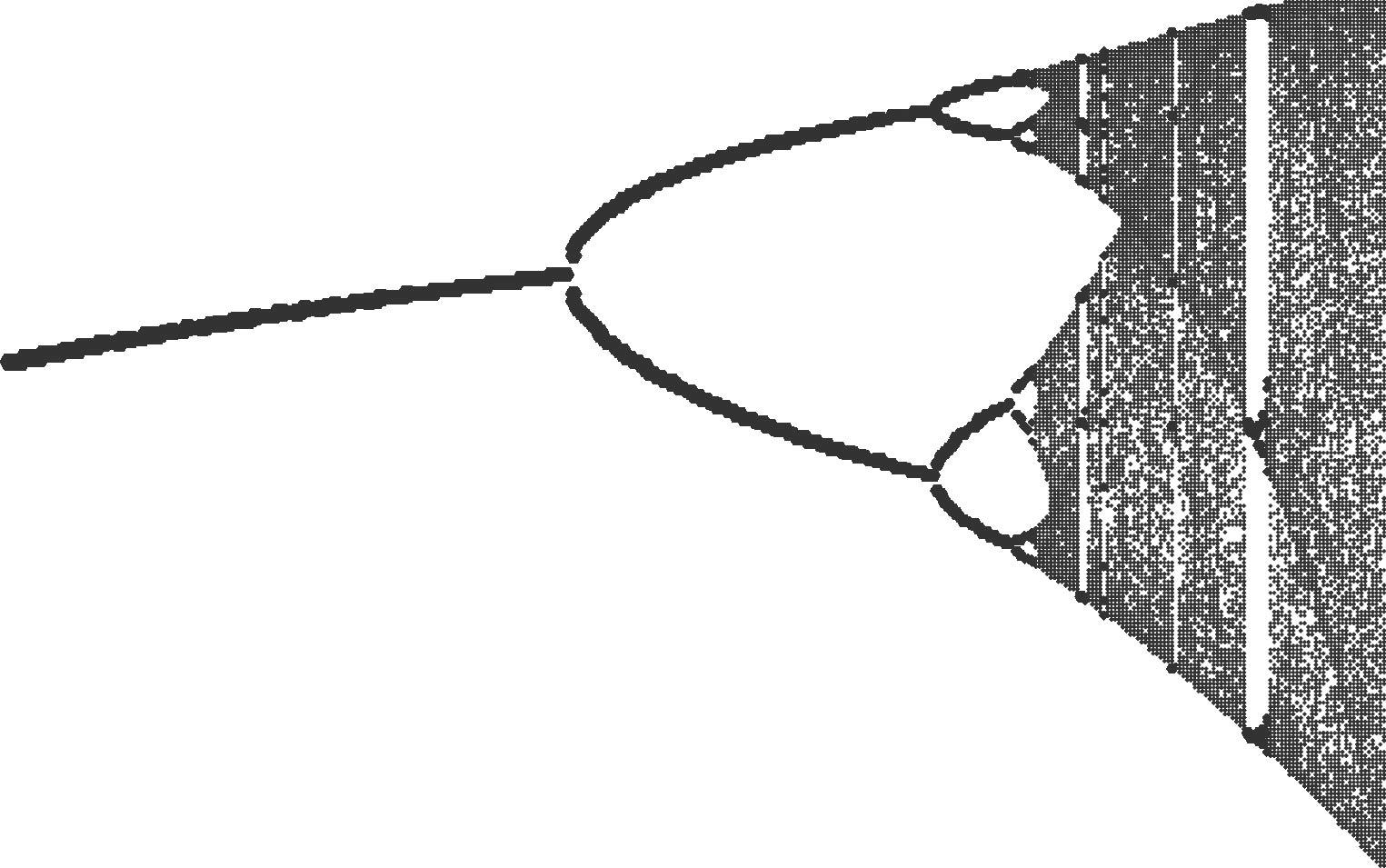
Benjamin de Bivort
Thomas D. Cabot Associate Professor, Harvard University (Department of Organismic and Evolutionary Biology)
The goal of the de Bivort lab is to understand the neurobiological mechanisms of ecologically and evolutionarily relevant behaviors using techniques drawn from circuit-driven neuroscience, comparative genomics, and ethology, as they are manifested in fruit flies from the genus Drosophila. The group has previously shown that individual flies have dramatically different behaviors that persist throughout their lifespans. This was seen in numerous behaviors including light response, locomotor handedness and wing-folding. Importantly, the group discovered that the degree of behavioral variability (how atypical outliers are) is under the active control of a suite of neuronally-expressed genes and circuits in the locomotor decision-making center of the brain. How do these circuit and genes interact to regulate the extent of behavioral variability (e.g. are the genes we have discovered required in cic- or trans- with respect to the circuits we have discovered)? What is the relationship between gene expression and an individual's behavior? Can we discover engrams of individuality (specific morphological or physiological circuit features that dictate an individual's behavior)? The de Bivort lab is engaging these questions using the entire Drosophila toolkit, including neuronal silencing/activation, gene over-expression/silencing, optophysiological recording, correlation with behavioral biases at the individual level, custom robotics and automation (to enable high throughput experiments), and quantitative modeling to understand the role of behavioral variation within its original ecological and evolutionary context. (modified from https://oeb.harvard.edu/people/benjamin-de-bivort)

